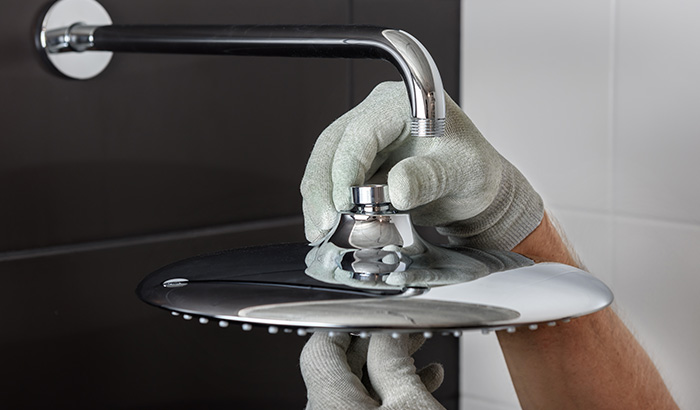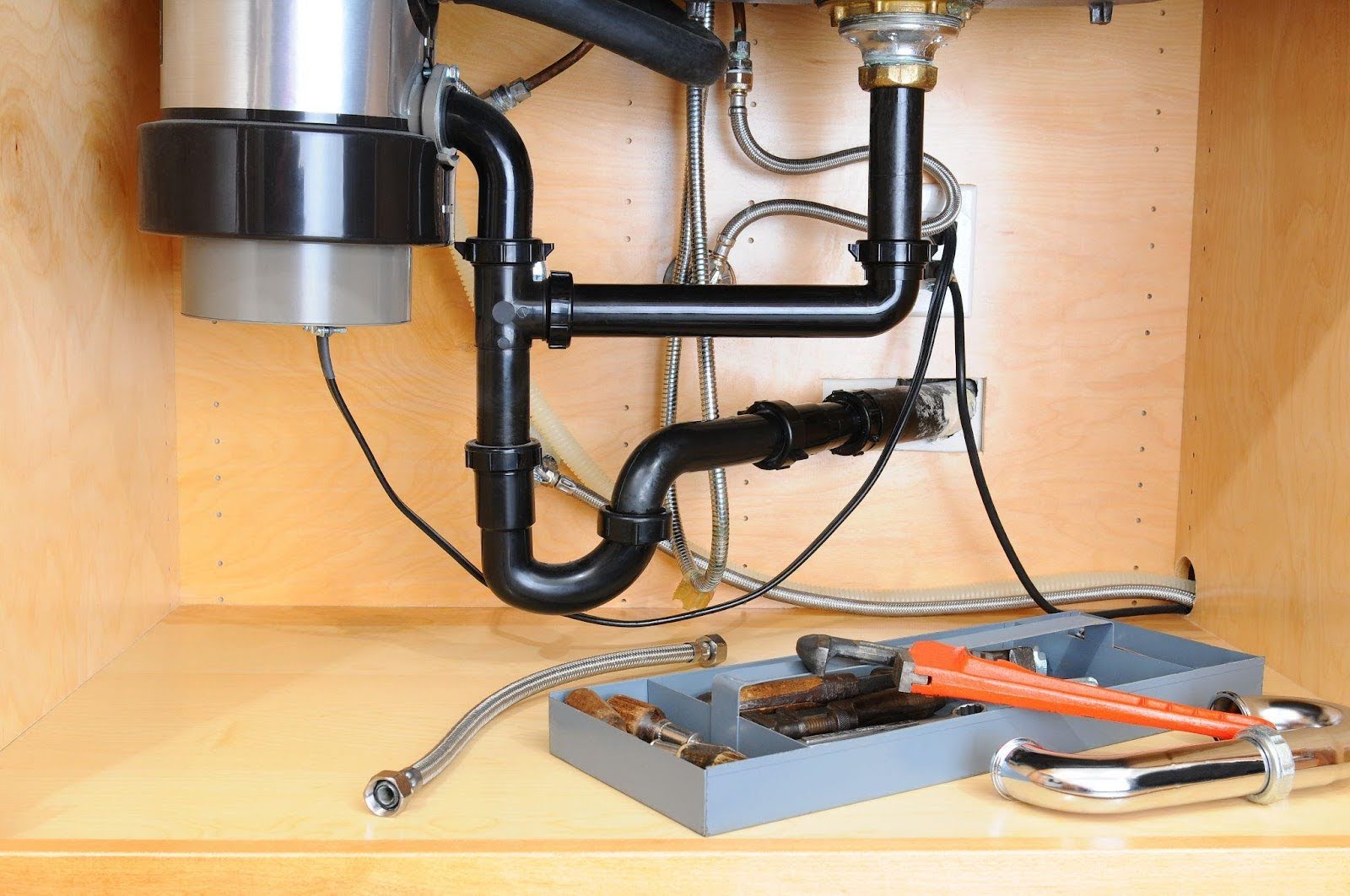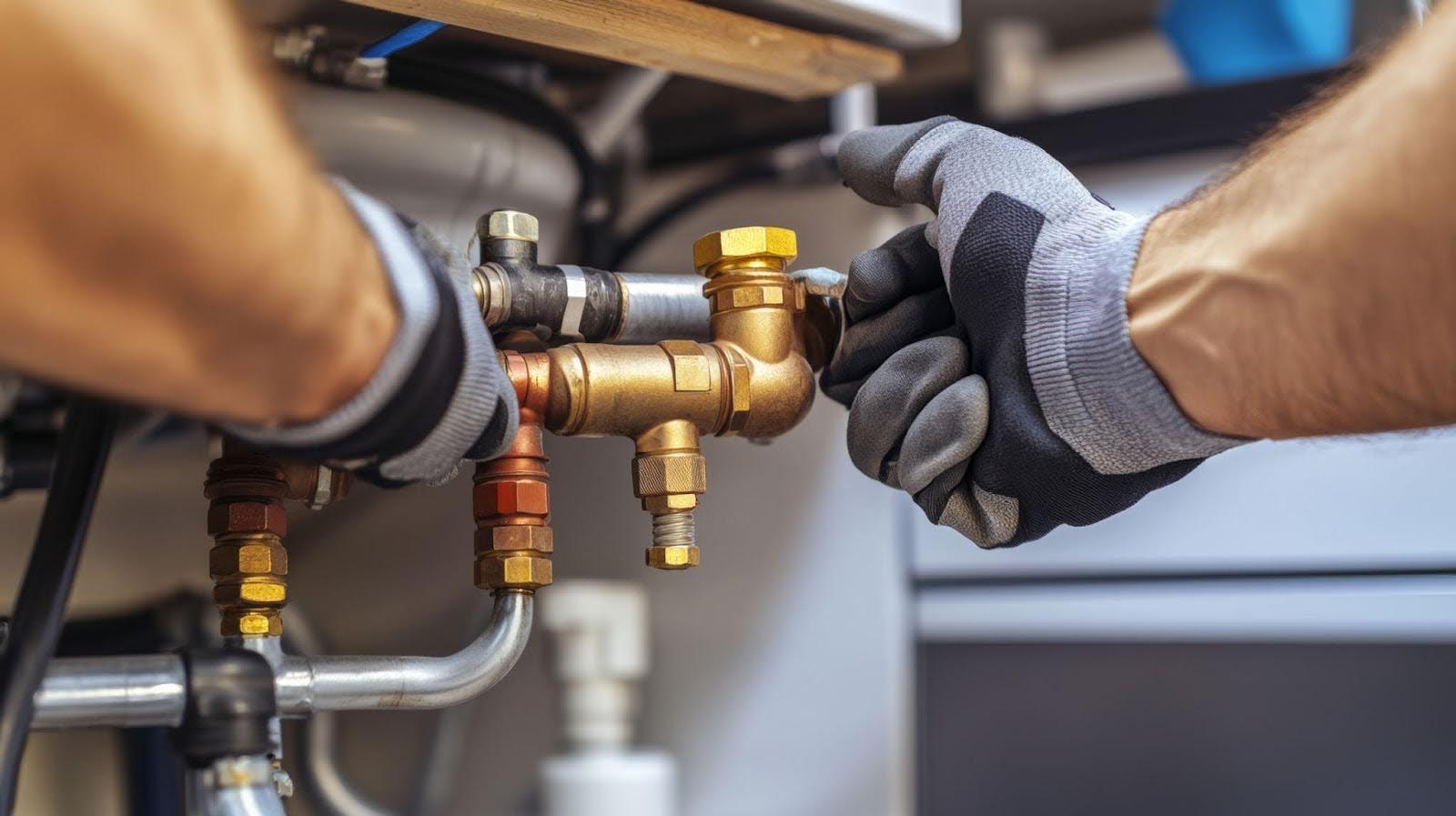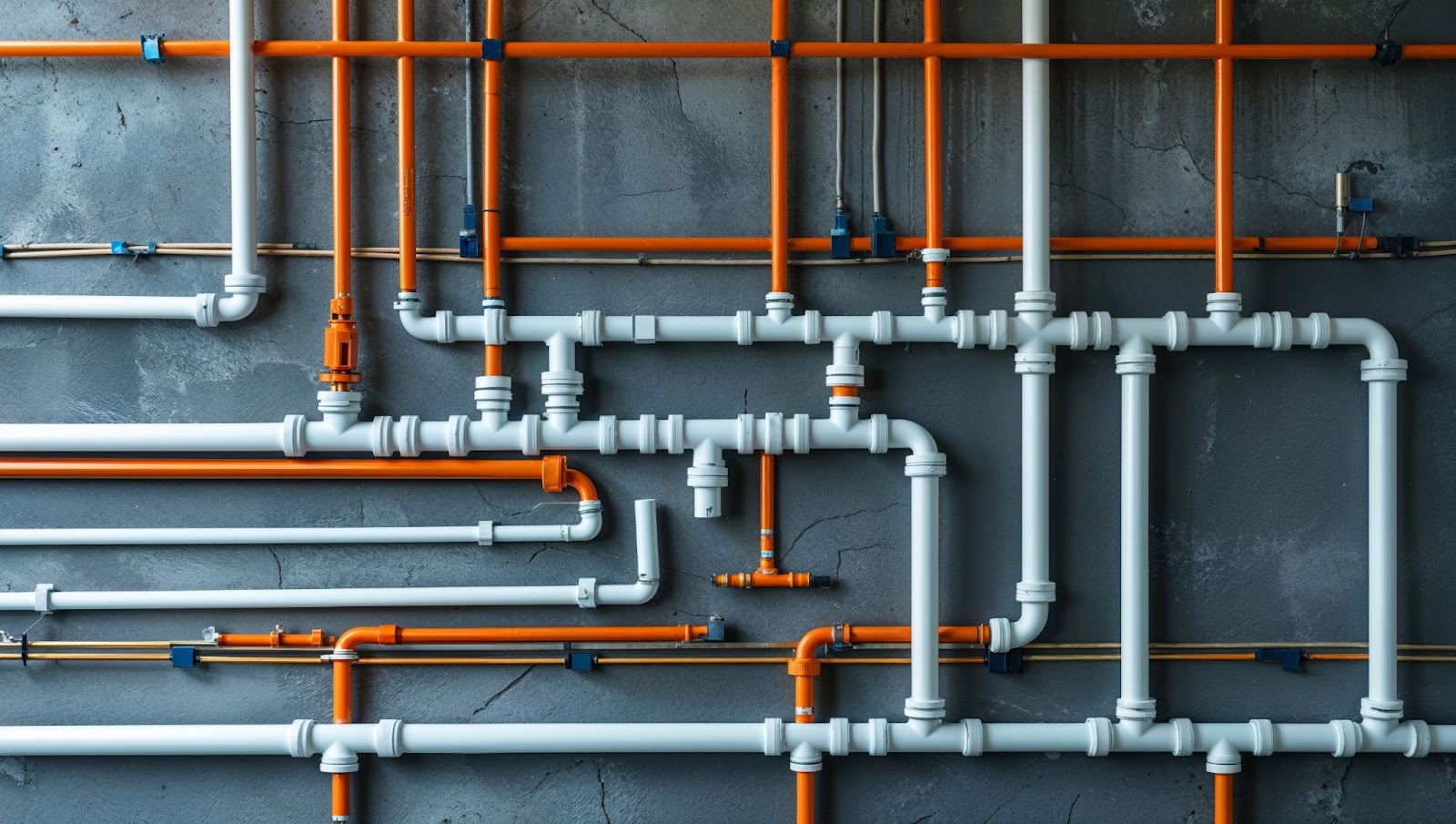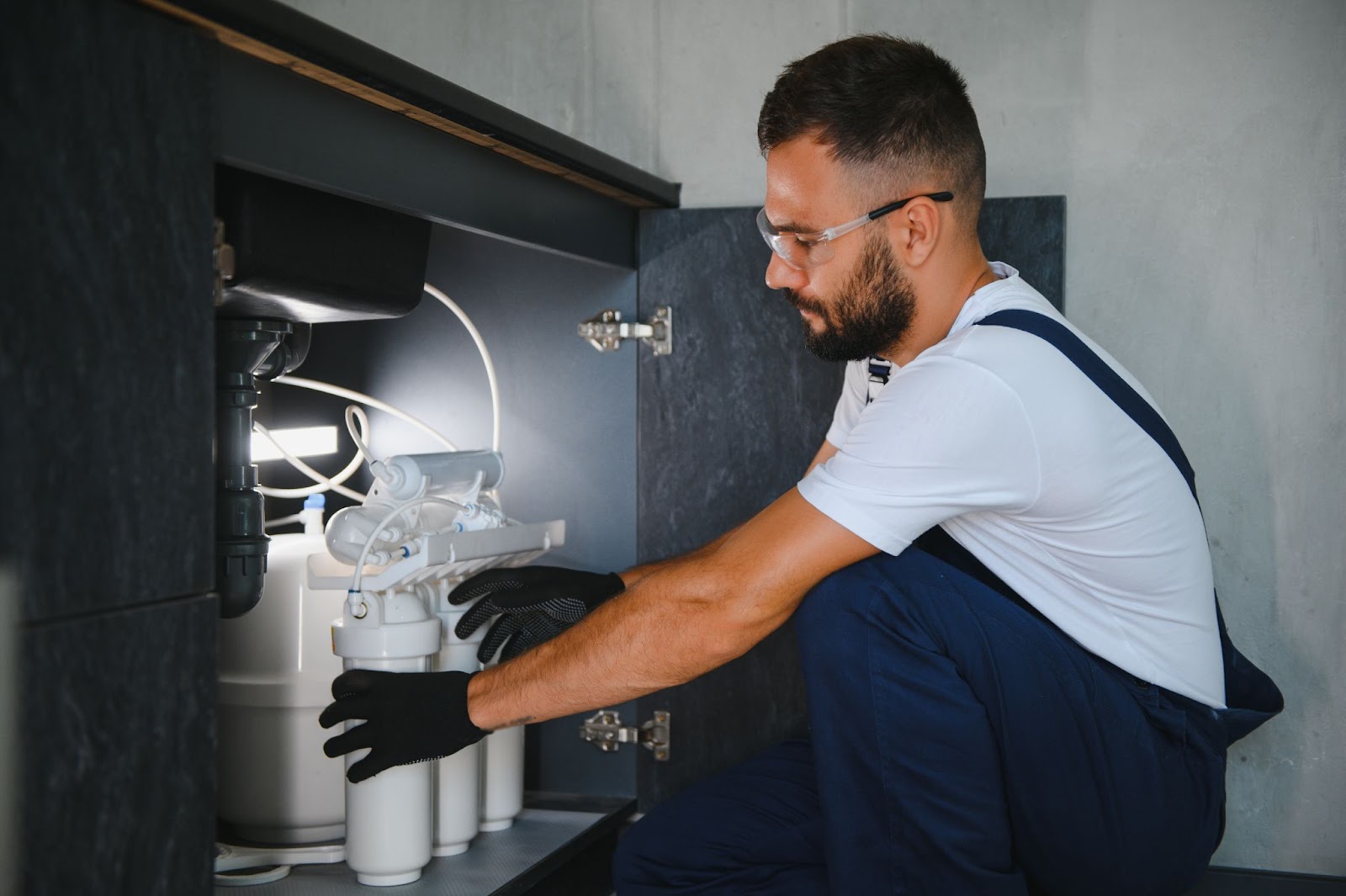Understanding the complexities of tub and shower repairs helps maintain the sanctity of your daily shower or bath. Often, what appears as a minor leak or a simple clog might indicate a deeper, more intricate issue, making proper diagnosis essential.
In this blog, we delve into the world of tub and shower repairs, unraveling the importance of a precise, professional diagnosis. Let’s get started by looking at the most common tub and shower problems you’ll face as a homeowner.
THE MOST COMMON TUB AND SHOWER PROBLEMS:
1. Leaky faucets and showerheads
One of the most common issues you might face is a dripping or leaking faucet or showerhead. Worn-out washers, O-rings, or seals within the fixture cause this problem. Over time, these components degrade or loosen, leading to water leaks.
2. Clogged drains
Hair, soap residue, and other debris often accumulate in tub and shower drains, leading to clogs and, ultimately, shower and tub repairs. These blockages cause water to drain slowly or even back up, creating the potential for water damage and an unsanitary bathroom environment.
3. Low water pressure
A sudden or gradual decrease in water pressure is a sign that something is wrong with your shower or bath’s plumbing. Low water pressure may be due to clogged showerheads, partially closed valves, or plumbing issues further down the line.
4. Temperature control problems
Difficulty getting and keeping your desired water temperature is a common complaint. A malfunctioning mixing valve, sediment buildup in the water heater, or plumbing issues all affect hot water delivery.
CRACKS OR DAMAGE TO THE TUB OR SHOWER PAN
Physical damage leads to leaks and water damage over time. These issues might compromise the integrity of the bathroom structure.
1. Faulty diverter valve
In showers with a tub, the diverter valve directs water either to the showerhead or the tub faucet. A faulty diverter valve might result in water not properly redirecting, leading to poor shower function or water wastage.
2. Mold and mildew growth
Persistent moisture and lack of proper ventilation can lead to mold and mildew growth in showers and tubs. This causes unpleasant odors and unsightly stains. It also poses health risks.
3. Noisy pipes
Banging or whistling noises in the pipes when the shower is running can be due to various reasons, including high water pressure, loose pipes, or steam hammering.
As you can see, each of these problems has its unique set of causes and solutions, and proper diagnosis is essential to effectively resolve them. Let’s look at the challenges of DIY repair and why it’s always best to have a professional assess your tub or shower when it needs repair.
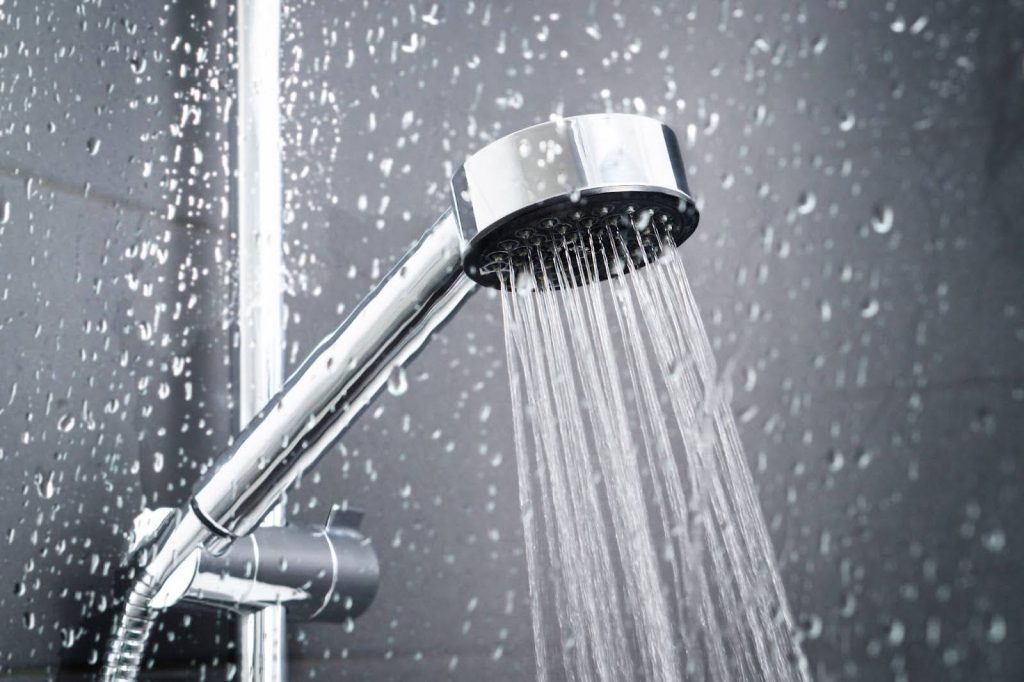
CHALLENGES OF DIY DIAGNOSES AND REPAIRS
1. Misdiagnosing the problem
One of the biggest challenges for DIYers is accurately diagnosing the root cause of a plumbing issue. Symptoms are sometimes misleading; without proper knowledge and experience, it’s easy to misinterpret them. This might lead to incorrect tub repairs that don’t address or exacerbate the underlying problem.
2. Lack of proper tools and equipment
Professional plumbers have specialized tools and equipment designed for specific plumbing tasks. DIY enthusiasts often make do with basic tools, which might not be adequate for certain bathroom repairs, so the repair probably won’t hold up.
3. Risk of water damage
Incorrect shower or tub repairs might lead to leaks or burst pipes, resulting in significant water damage to your home. This entails more extensive bathroom repairs and can lead to costly water damage restoration.
4. Potential for future problems
Improper repairs can lead to recurring problems or create new issues. Over time, this results in more frequent repairs, higher costs, and inconvenience. For these reasons, while DIY repairs are tempting, they often lead to more problems than they solve.
It’s generally advisable to consult with or hire a professional plumber, especially for complex or significant issues. They have in-depth knowledge and training in plumbing systems, so they know what they’re looking for and how to make appropriate bathroom repairs.
PROCESS OF PROFESSIONAL DIAGNOSIS
Professional plumbers have a very systematic approach to diagnosing and repairing tub and shower issues. In fact, you can rely on them to use the same approach every time, so you’ll know exactly what to expect. The steps are as follows:
- Initial consultation and visual inspection: They’ll want to discuss the issue with you and look for noticeable signs of damage or wear.
- In-depth assessment of symptoms: They’ll examine the symptoms you report to see if they are able to find the root cause. They’ll look for things like cracks, leaks, or corrosion.
- Testing water pressure: If water pressure is a concern, they might use a pressure gauge to measure and confirm the water pressure levels.
- Inspecting the plumbing hardware: They’ll check for leaks around the tub’s base, along the pipes, and around the showerhead or faucets. They might use dye or pressure tests to pinpoint the source of a leak.
- Drainage and clog analysis: If you’re dealing with drainage issues, they’ll likely use a snake camera to inspect the drain and check for clogs or obstructions.
- Temperature and heater function check: They’ll check your water heater to ensure the settings are where they should be and that it’s functioning properly. They might also inspect the shower’s mixing valve to check that it’s balancing hot and cold water.
- Assessing water quality: If your water is discolored or you’re dealing with corrosion, they’ll determine if there’s high mineral content, which could affect pipes and fixtures.
- Structural assessment: They will check for structural issues around the tub and shower area that might affect plumbing integrity.
- Final diagnosis and recommendations: They’ll diagnose the issue, explain the underlying cause, and recommend repair options based on how severe the problem is, with the best long-term solution in mind.
Once you’ve officially hired your plumber to make your bathroom repairs, they’ll schedule a time to come fix everything up. Most plumbers also offer a warranty or guarantee on their work, so you can rest assured that your bathroom will be properly fixed.
CALL SALISBURY PLUMBING TODAY
Ready to turn your bathroom woes into a story of smooth, hassle-free functionality? Salisbury Plumbing is here to make that happen. With a team of seasoned experts who excel in diagnosing and resolving even the most perplexing tub and shower issues, we’re just a call away from restoring comfort and convenience to your bathroom.
Don’t let plumbing problems dampen your daily routine. Reach out to Salisbury Plumbing today for unparalleled service, where every detail is handled with professionalism and precision. Let us be your go-to solution for all your plumbing needs to make sure your home remains a sanctuary of comfort and efficiency.
toto slot

